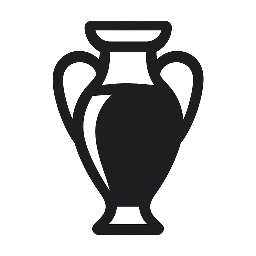Your basket is currently empty!
363. – Death of Roman Emperor Julian
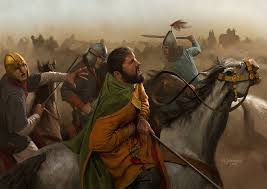
On June 26, 363, Roman Emperor Julian was killed during a retreat from the Sasanian Empire. His death marked the end of the Constantinian dynasty. Julian was known for his efforts to restore paganism in a Christianizing empire. After his death, Jovian was proclaimed emperor by the Roman troops. This transition shifted the empire’s religious and political direction. Julian’s reign was short but ideologically intense. His philosophical writings still influence modern thought. His death remains a turning point in Roman imperial history.
1483. – Richard III Becomes King of England
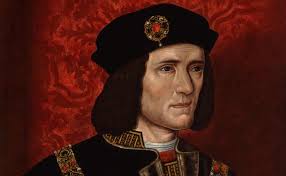
Richard, Duke of Gloucester, ascended the English throne on June 26, 1483. Parliament declared his nephew Edward V illegitimate, clearing Richard’s path to power. His reign was brief but controversial, ending at the Battle of Bosworth Field. Richard III is often portrayed as a villain, especially in Shakespeare’s play. However, modern historians debate the accuracy of this image. His rule marked the final chapter of the Plantagenet dynasty. The mystery of the Princes in the Tower still haunts his legacy. Richard’s rise on this date changed the course of English monarchy
1843.– Hong Kong Becomes a British Crown Colony

On June 26, 1843, Hong Kong was officially declared a British Crown Colony. This followed the Treaty of Nanking, which ended the First Opium War. The island became a key trading post between East and West. British rule introduced new legal and economic systems. Over time, Hong Kong evolved into a global financial hub. The colonial era lasted until 1997, when sovereignty returned to China. This event laid the foundation for Hong Kong’s unique identity. June 26 marks the beginning of a complex colonial legacy.
4. 1945 – Signing of the United Nations Charter
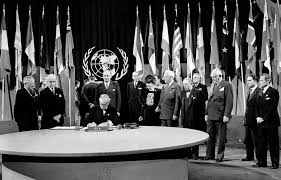
Fifty nations signed the United Nations Charter in San Francisco on June 26, 1945. This act officially established the United Nations. The goal was to prevent future global conflicts after World War II. The Charter emphasized peace, human rights, and international cooperation. It replaced the failed League of Nations. Today, the UN plays a central role in global diplomacy. The signing marked a hopeful step toward a more unified world. June 26 is now celebrated as the UN Charter Day.
1963 – JFK’s “Ich bin ein Berliner” Speech
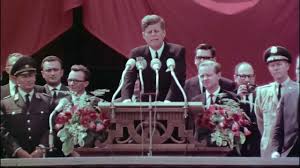
On June 26, 1963, U.S. President John F. Kennedy delivered his iconic speech in West Berlin. He declared, “Ich bin ein Berliner,” expressing solidarity with the people of Berlin. The speech came during the Cold War, after the Berlin Wall’s construction. Kennedy’s words boosted morale in West Germany. It was a powerful message against Soviet oppression. The speech remains one of the most memorable in American history. It symbolized democratic resilience in the face of division. June 26 became a day of unity and defiance.
1997 – First Harry Potter Book Published

On June 26, 1997, J.K. Rowling’s Harry Potter and the Philosopher’s Stone was published. The book introduced readers to the magical world of Hogwarts. It became a global phenomenon, spawning a franchise worth billions. The series inspired a new generation of readers. Rowling’s story of perseverance also inspired aspiring writers. The book’s release marked a cultural milestone in literature. It redefined young adult fiction and fantasy genres. June 26 is now a magical date for fans worldwide.
